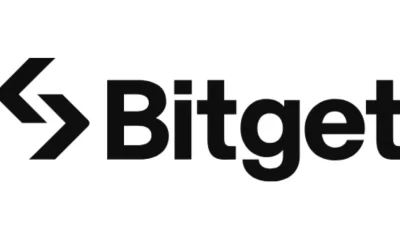Business
OpenSea users drop securities suit after marketplace demands arbitration
-

 Business5 days ago
Business5 days agoCoinbase Derivatives lists XRP futures
-

 Business4 days ago
Business4 days agoBinance tightens South African compliance rules for crypto transfers
-

 Business4 days ago
Business4 days agoEthereum bounces back as market dominance recovers from all-time low
-

 Business4 days ago
Business4 days agoXRP Ledger Foundation spots ‘crypto stealing backdoor’ in code library
-

 Business6 days ago
Business6 days agoBitget detects irregularity in VOXEL-USDT futures, rolls back accounts
-

 Business1 week ago
Business1 week agoBinance helps countries with Bitcoin reserves, crypto policies, says CEO
-

 Business5 days ago
Business5 days agoEl Salvador works with Nvidia to develop sovereign AI infrastructure
-

 Business5 days ago
Business5 days agoCircle, BitGo about to apply for bank charters, others may follow



















